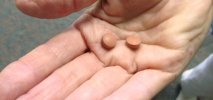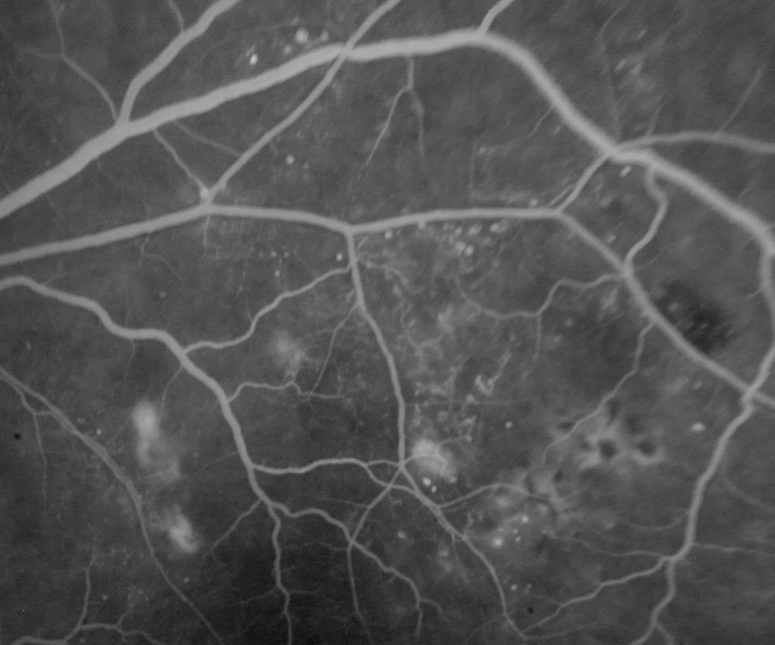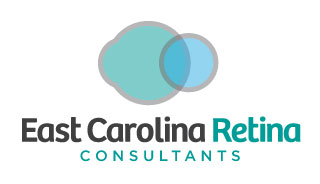New Treatment for Macular holes
Recent approval of Jetrea (Ocriplasmin) to treat symptomatic VMA (Vitreo Macular Adhesion) has opened up a new era in non surgical management of macular holes. Previously only a hospital based surgery was able to reverse the process of macular hole development but now a new drug can be injected into the eye painlessly in the office and within a few weeks the process reverses back to more normal vision levels.... more
FDA Approves ASRS Leader's ArgusŪ II Artificial Retina
On February 14, the FDA approved the Argus II artificial retina developed by ASRS Executive Committee and Board Member Mark S. Humayun, MD, PhD.
This breakthrough technology is the first ever to offer limited vision to patients with late-stage retinitis pigmentosa (RP).
Second Sight Medical Products (Sylmar, CA) manufactures the Argus II implant, which has 60 electrodes and a tiny camera mounted on eyeglasses to capture images.
The FDA approved Argus II for adults age 25 years or older with severe to profound RP. About 10,000 to 15,000 of the 100,000 Americans with RP will qualify for Argus II. Up to 4,000 patients a year can be treated with the device.
Macular degeneration and Aspirin?

Aspirin and Macular degeneration... is there an increase in the wet form of macular degeneration in those patients taking aspirin? The wet form develops quicker than the dry form. It may only be related to the fact that you are more likely to take aspirin if you have medical problems like stroke or heart attacks in the past and these conditions are more commonly associated with wet age related macular degeneration. ... more

Diabetic Retinopathy
Overview:
 Diabetic retinopathy occurs when sugar buildup within the tiny vessels of the retina causes the vessels to swell and rupture, leading to swelling of the eye and subsequent blurred vision. There are two main stages of diabetic retinopathy, Background Diabetic Retinopathy (Macular Edema) or Proliferative Diabetic Retinopathy. With both types, treatments are available to try and prevent further vision loss, but only sometimes improves the vision.
Diabetic retinopathy occurs when sugar buildup within the tiny vessels of the retina causes the vessels to swell and rupture, leading to swelling of the eye and subsequent blurred vision. There are two main stages of diabetic retinopathy, Background Diabetic Retinopathy (Macular Edema) or Proliferative Diabetic Retinopathy. With both types, treatments are available to try and prevent further vision loss, but only sometimes improves the vision.
Symptoms & Types:
Leakage of the vessels within the retina cause swelling that can blur, distort or darken vision. If not treated, this leakage can cause new abnormal vessels to form.
Background Diabetic Retinopathy (Macular Edema)
This type of diabetic retinopathy occurs when vessels in the retina have too much sugar built-up (due to diabetes and improper sugar processing) and they begin to leak.
Proliferative Diabetic Retinopathy
This type of diabetic retinopathy ensues if the former is not treated immediately. Abnormal blood vessels begin to grow in place of ruptured ones that have healed improperly. These new vessels do not provide nutrition to the eye and can cause additional bleeding.
Treatments:
Laser surgery to prevent further damage from diabetic retinopathy is performed outpatient in the office at East Carolina Retina Consultants. You remain awake during the procedure and topical or local anesthetics can be used.
Focal laser treatment can be used for diabetic macular edema to seal leaking vessels and stabilize vision. Some patients are improved with treatment however the goal is to stop the loss. Accidental laser treatment to the center of the vision is possible and a risk of treatment and is not reversable. This risk can be minimized by holding still while being treated.
Scatter laser treatment (pan retinal photocoagulation) can be used to shrink abnormal blood vessels due to proliferative diabetic retinopathy and preserve sight (although some peripheral vision will be be lost).
Performed under anesthesia at the hospital, the vitrectomy involves removing the liquid vitreous from the center of your eye to prevent further damage and hemorrhaging.
Prevention:
To prevent diabetic retinopathy, keep control of your blood sugar by testing daily, recording readings, and keeping readings between 80 and 110. Keep blood pressure normal at 130/85 and record these numbers as well.
Avoid carbonated beverages and do not smoke. Maintain a healthy weight with a low cholesterol diet and at least 30 minutes of exercise daily. Healthy diets consist of consistent meals with about half of your intake from complex carbohydrates, one third of your intake from healthy fats, and the remaining portion from proteins. If available, seek out smart dieting advice from a registered dietician. Above all discuss control issues with your physician as diet, medicines and exercise have to be balanced properly to avoid high and low blood sugars. Even and normal blood sugars and normal blood pressures gives the least eye problems.
Click Here to Read More About Healthy Diet and Preventing Diabetic Retinopathy






